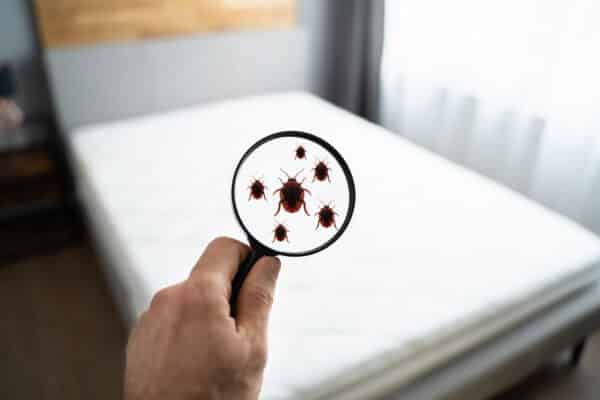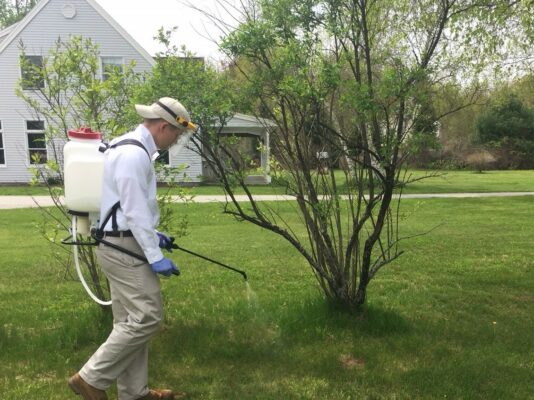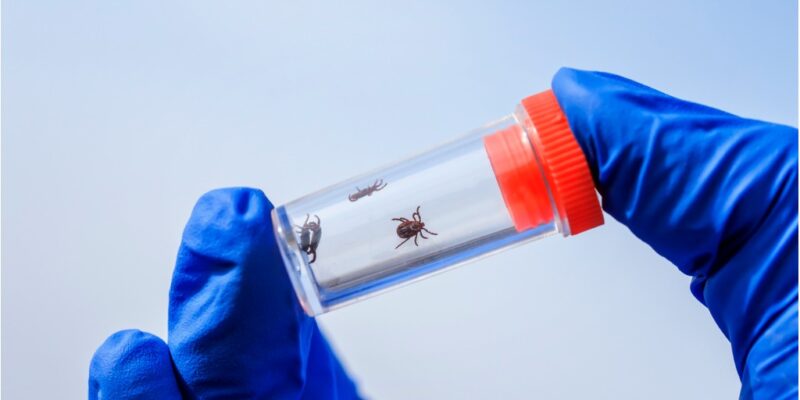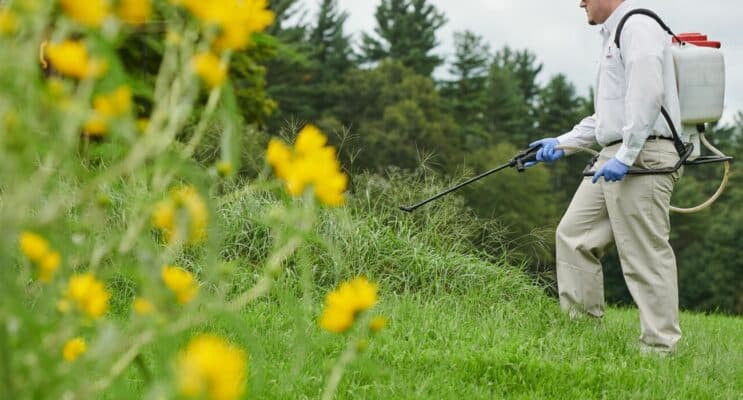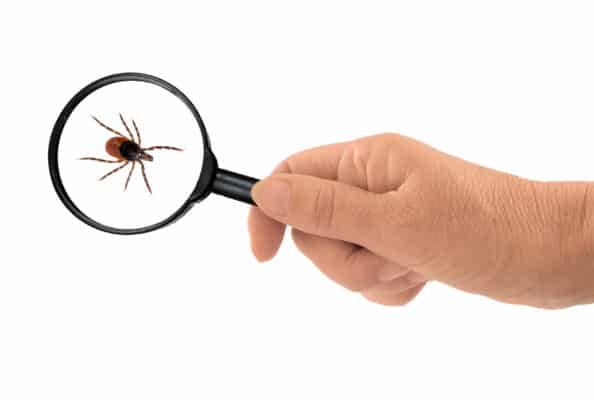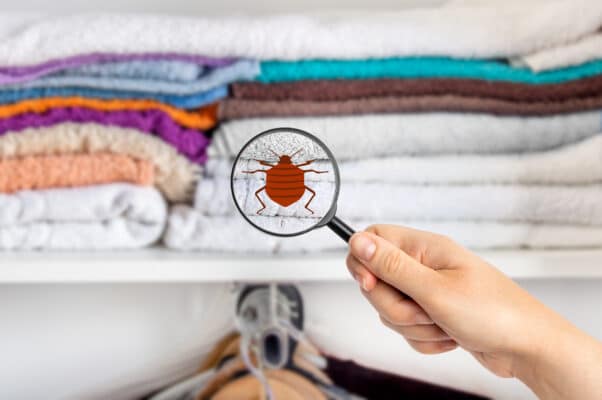How to Know if Your Hotel Has Bedbugs
Q&A with a Pest Professional What’s the first thing you do when you arrive at a hotel room? Check out all the tiny toiletries? Jump on the bed? Because it should probably be check for bed bugs. But what do you look for? Service Manager Christian Tweed of Modern’s sister company Anticimex Carolinas recently shared… Read more »


